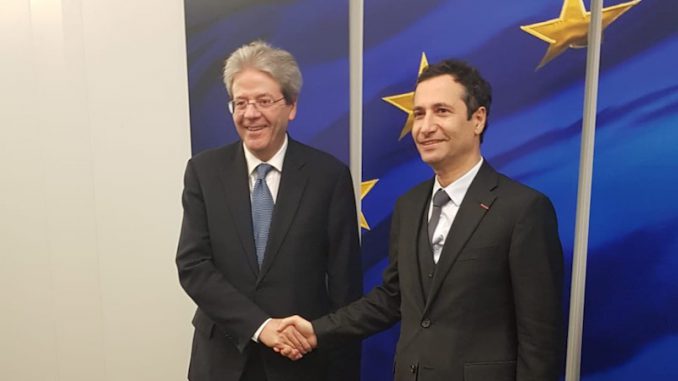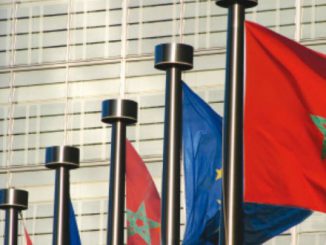
“The European Commission very much appreciates the efforts undertaken by Morocco to eliminate any contradiction between international standards and the Moroccan tax system”, stressed Paolo Gentiloni, European Commissioner for the Economy, noting that “our cooperation on this issue has been and remains very close”.
Asked by MAP about the reasons for keeping Morocco on the so-called “grey” list of taxation at EU level, the Commissioner made a point of specifying that if Morocco is still on this list, “it is not indicative of a lack of commitment or ambition in this direction”.
In particular, Mr Gentiloni noted, “we welcome the reforms introduced by Morocco by the 2020 Finance Law, which amend three preferential tax regimes that had been considered harmful by the European Union”.
“If Morocco has not yet been taken off the grey list, the reason is simply that the European Commission is waiting for the completion of the OECD assessment of the Casablanca Finance City tax regime,” he insisted.
He explained that “the EU and the OECD are assessing the same measures in parallel, and the European Commission is still waiting for the conclusion of the procedure by the OECD before formalizing its decision”, noting that “if the OECD concludes its procedure as planned, it is highly likely that the European Union will definitively remove Morocco from the grey list at its next update in October”.
For the EU, he continued, Morocco is much more than a neighboring country. “It is a good country and a key partner in many areas,” he said, saying he was “very optimistic that we will soon be able to close this chapter definitively and focus on deepening our partnership”.
The Commissioner also recalled the commitments made at the last Morocco-EU Association Council in June 2019, which paved the way for the “Euro-Moroccan partnership of shared prosperity”. He stressed that “the idea is to work towards progressive economic integration between Morocco and the EU, as well as inclusive, equitable and sustainable development”.
The aim is also to strengthen the integration of value chains, for example by promoting competitiveness, entrepreneurship and innovation and the green economy.
The aim will be to better exploit the opportunities offered by the bilateral trade relationship, to relaunch negotiations for a deep and comprehensive free trade agreement based on the expected benefits for both partners and to move progressively towards regulatory convergence, the Commissioner added.



Be the first to comment